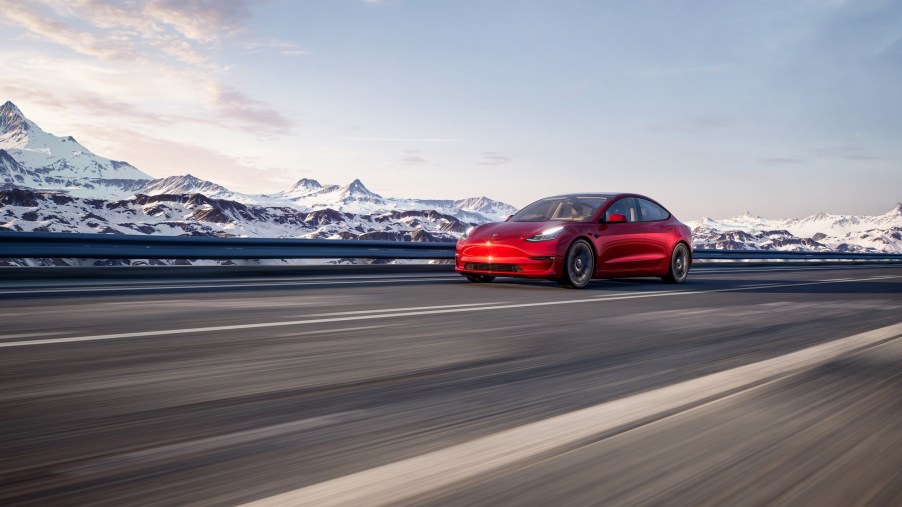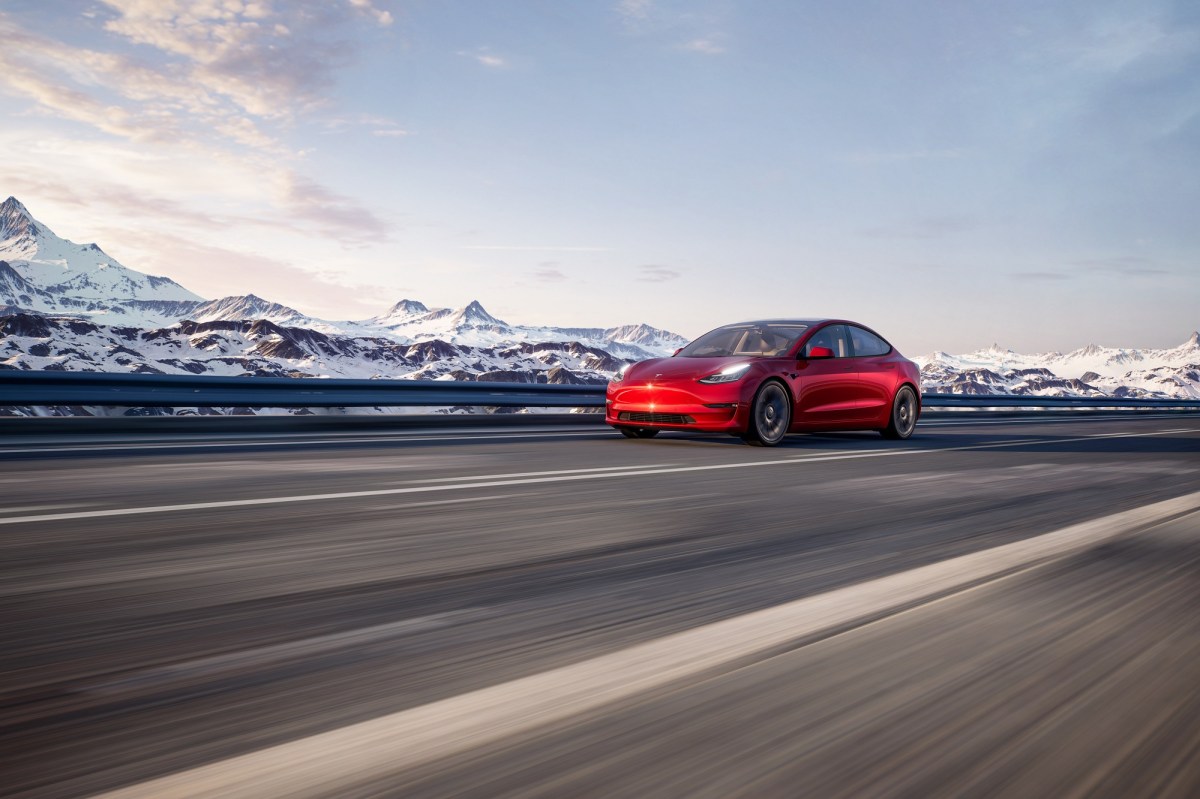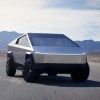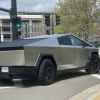
Tesla Has a $2.2 Million Battery Range Problem
As electric vehicles occupy an ever-increasing segment of the new car market, questions arise concerning how life with an EV looks. Gasoline-powered car operation is predictable primarily because it’s been around for so long, but EVs represent a new frontier for most of us.
Range anxiety, the fear that an EVs battery won’t go as far as necessary, leaving you stranded, is a product of the unknown, and the recent Tesla fines concerning cold-weather battery range reduction aren’t helping.

Cold weather battery range reduction
Cold weather not only affects EV batteries but it’s also known to leave gas-powered car batteries without enough juice to start. Luckily for EV owners, cold temperatures only reduce the expected driving range and won’t leave you stranded as long as you factor in the reduction.
According to Recurrent, “some EVs can lose up to 35% of their driving range in freezing conditions.” While the cold affects all batteries at some level, each EV handles the cold differently.
During cold conditions, the chemical and physical reactions inside the battery slow down and produce less power, typically causing drivers to push the EV harder to compensate. This loss of efficiency combines with the need to generate heat for the battery and vehicle systems, including the cabin climate control system, to task the battery beyond the typical requirements during optimum conditions.
As a result, the most significant difference between EV models is that some use more efficient heating systems than others.
Why was Tesla fined?
According to Car Complaints, Tesla’s range problem, costing the company $2.2 million in fines from the South Korea Fair Trade Commission, didn’t actually come from excessive range reduction in cold temperatures.
Although the South Korean FTC claims Tesla’s EV “actual range fell up to 50.5% under colder temperatures,” Recurrent data shows the average “verified winter range” reduction between the Tesla Model 3, Model S, Model X, and Model Y is only 16.5%, a value much lower than some EVs.
It was actually Tesla’s claims on its South Korean website that “the Model 3 could travel more than 528 kilometers (325 miles) on a single battery charge” that resulted in FTC fines when cold weather made that range unrealistic.
Tesla has since changed the wording to “a maximum of 528 kilometers on a single charge.”
Tesla’s direct-sales model reduces consumer lawsuits
Deceptive website wording isn’t the only problem plaguing Tesla. Issues ranging from a group of employees laid off without notice to allegations of overpromised performance of Tesla’s autonomous driving system, blamed for accidents including at least one death, are privately arbitrated instead of going to a public trial in a court of law thanks to Tesla’s contracts with its buyers.
The New York Times reports that Tesla’s direct sales model helps it beat consumer lawsuits. When customers sign their Telsa sales contract, they either don’t see or disregard the statement declaring any disputes “will not be decided by a judge or jury but instead by a single arbitrator.”
This contract language allows Tesla to play its arbitrator card for any dispute that could turn into a class action lawsuit and a public account of the case’s facts. Other automakers’ attempts at arbitration clauses fail because the buyer’s contract is with a specific dealership and not directly with the car company.



